The 2024 election will be a referendum on Joe Biden, but it’s also a referendum on a regime. This is how both sides see it.
Liberal democracy itself is at stake according to progressives. For Trump supporters, the question at issue is legitimacy of the Deep State. These are different names for the same thing: a leadership caste and its ideology of government.
In practice, liberal democracy means a democracy in which liberals never lose power. For about a quarter-century, liberals in this country could count on winning elections no matter which party prevailed in congressional or presidential elections because both parties were liberal: both favored more immigration, both supported free-trade pacts and both saw the United States as the midwife and guarantor — by force of arms — of a universal liberal international order.
The joke among old Ron Paul supporters used to be that no matter who you vote for, Republican or Democrat, you always get John McCain. Bernie Sanders supporters might feel the same, although their version might say you always get Joe Lieberman.
Whatever else one might say about Donald Trump, though, he wasn’t John McCain. His rise in the Republican Party and then victory over Hillary Clinton were a sign of impending regime change.
But by itself, the Trump administration was not a change in regime, even if Trump did not belong to the uniparty. There’s more to liberal democracy than elections: changing officeholders doesn’t change the permanent federal bureaucracy, the political ethos of the military’s general officers or the above-the-law attitude of the intelligence community, to say nothing of the ideological biases of the educational establishment and the news and entertainment media.
For liberal democrats, losing elections was not supposed to lead to losing power because most of their power did not arise from democracy in the first place — or, to the extent that it did, the grant of democratic legitimacy from the voters who empowered Franklin D. Roosevelt and Harry S. Truman in five consecutive elections was supposed to be irrevocable. Even now, any time liberal democrats confront a challenge to their authority, they invoke the emergency conditions of eighty years ago to justify their power: every war is another war against Hitler, and every domestic dissenter from liberal orthodoxy is another fascist Völkisch racist.
Liberal democracy supplies its want of democratic legitimacy by appealing to fear of an enemy — which is exactly what liberal democrats accuse their opponents of doing. It’s a standard maneuver for ideologues, nicely depicted in Orwell’s Nineteen Eighty-Four by Oceania’s permanent war-footing and the diabolical influence ascribed to Emmanuel Goldstein.
The United States is far from a totalitarian society. But an entrenched liberal ideology has made modern life on these shores resemble a few of the worst features of the dystopias envisioned by Orwell and Aldous Huxley. Liberal democracy has given us Newspeak right down to the pronouns, as well as an endless series of five-minute hates against thought-criminals condemned to cancellation. From Huxley’s side liberal democracy gives us soma drugs designed to manage our feelings and as much sexual license as anyone cares to pursue. (Orwell saw where liberal sexual politics would wind up, too: the Anti-Sex League is for the elite, while the Proles are welcome to their pornography.)
What Huxley and Orwell couldn’t have anticipated is how their dystopias would combine: instead of Huxley’s eugenicist meritocracy, under liberal democracy the Party insists that obesity is healthy and merit must answer to the bureaucratic political calculus of racial commissars. In the main, however, these two English novelists got so much right not because they were ahead of their time but because they saw the trajectory along which the liberal elite of their day was headed.
Liberal democracy certainly is better than Nazism or communism, but voters throughout the West increasingly seem to feel as if their choices are not so limited. As a result, democracy in America and Europe — and indeed in Latin America and many other places — is calling not only the rule of liberal parties but the rule of liberal bureaucracies (public and private) into question. The universities, the legacy media, the civil service, the intelligence community and the politicized upper echelons of the military all have to make the case for their authority anew.
Donald Trump is a man, not a system. His critics like to point out the ways in which Trump is not such a stark departure from the establishment, even as these same critics insist he is a truly dangerous individual. But what makes Trump dangerous is his contempt for the institutions of liberal authority. And instead of exhibiting automatic moral deference to liberal codes of thought and behavior, Trump acts out of invincible ego and a belief that everything is transactional. This is the radical root of Trumpism and goes deeper than trying to privatize Social Security or close the Department of Education.
Trump is antithetical to the liberal democratic establishment not at the superficial level of policy but at the fundamental level of operational ethos.
If he’s re-elected, and if he has truly learned lessons from the way unelected liberal power harassed him in his first term, he will bring into his administration people who will attack the regime systematically. Whether Trump and his allies can forge a new system is an open question. But when voters go to the polls in November, everyone will know that with Trump on the ballot the regime is on trial.
This article was originally published in The Spectator’s January 2024 World edition.



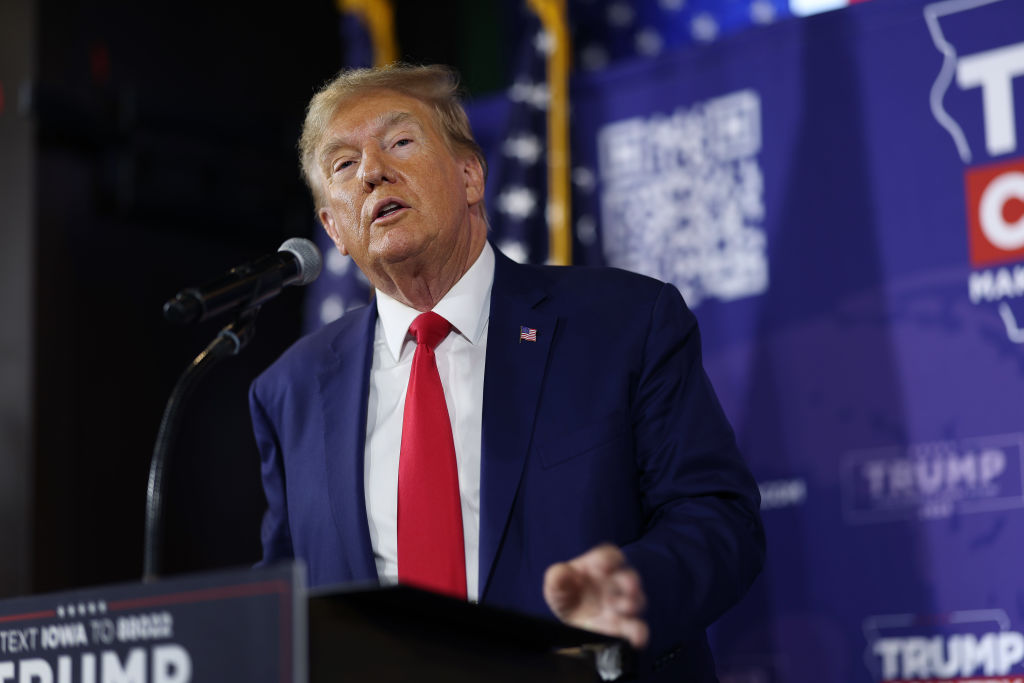







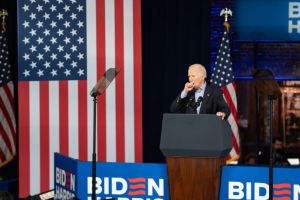
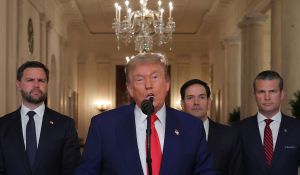
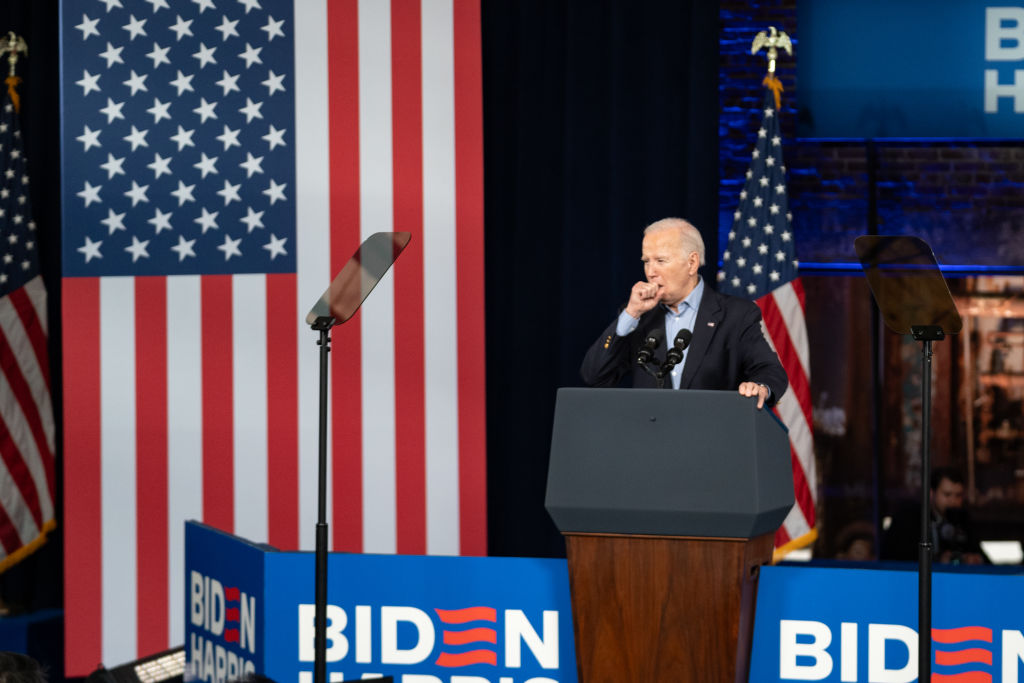
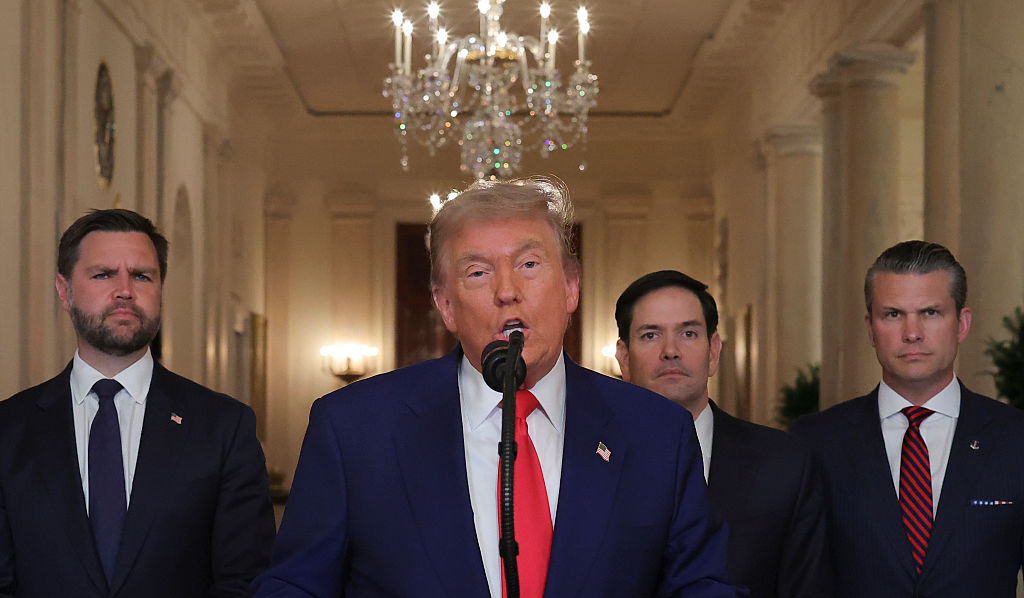
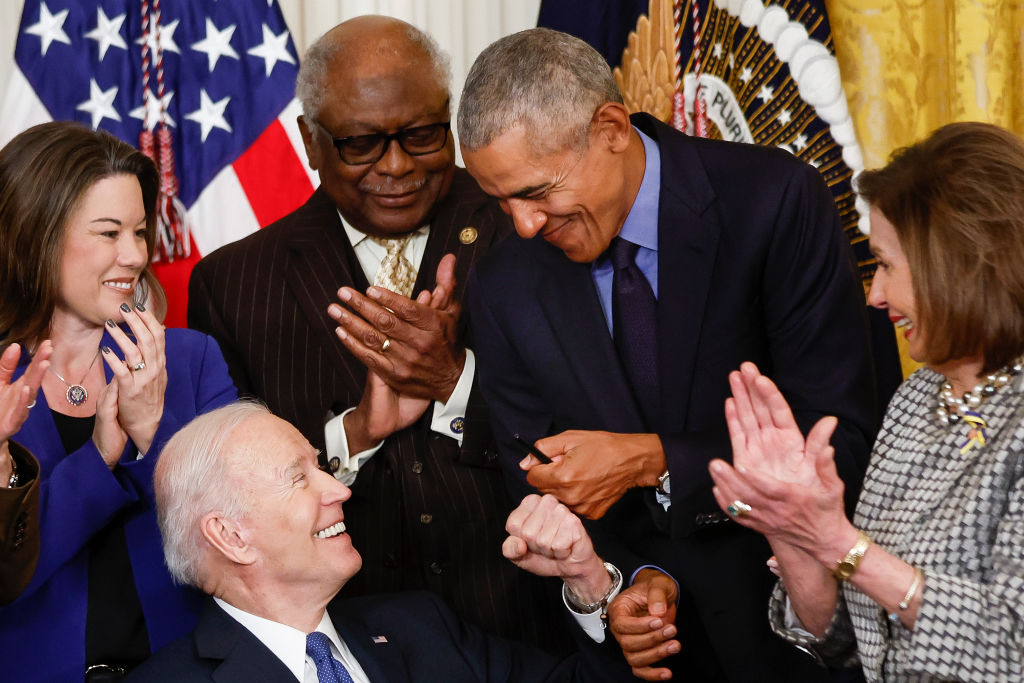

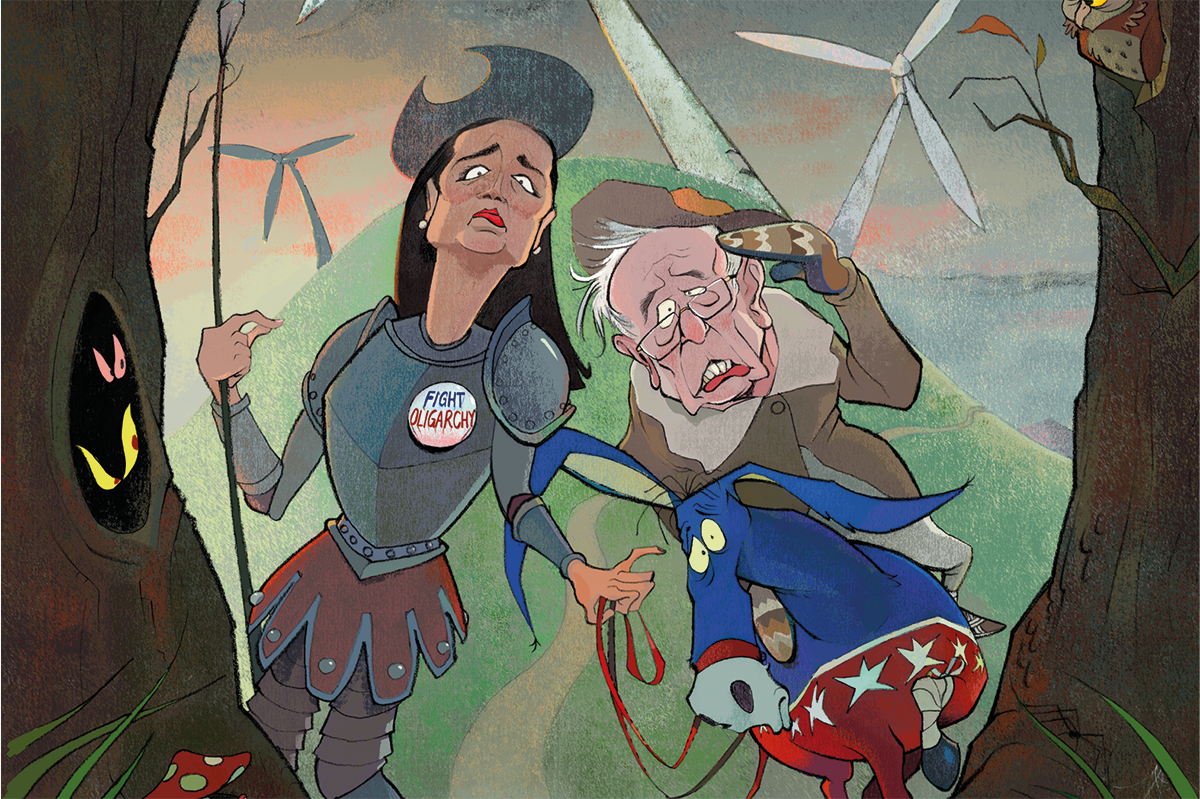
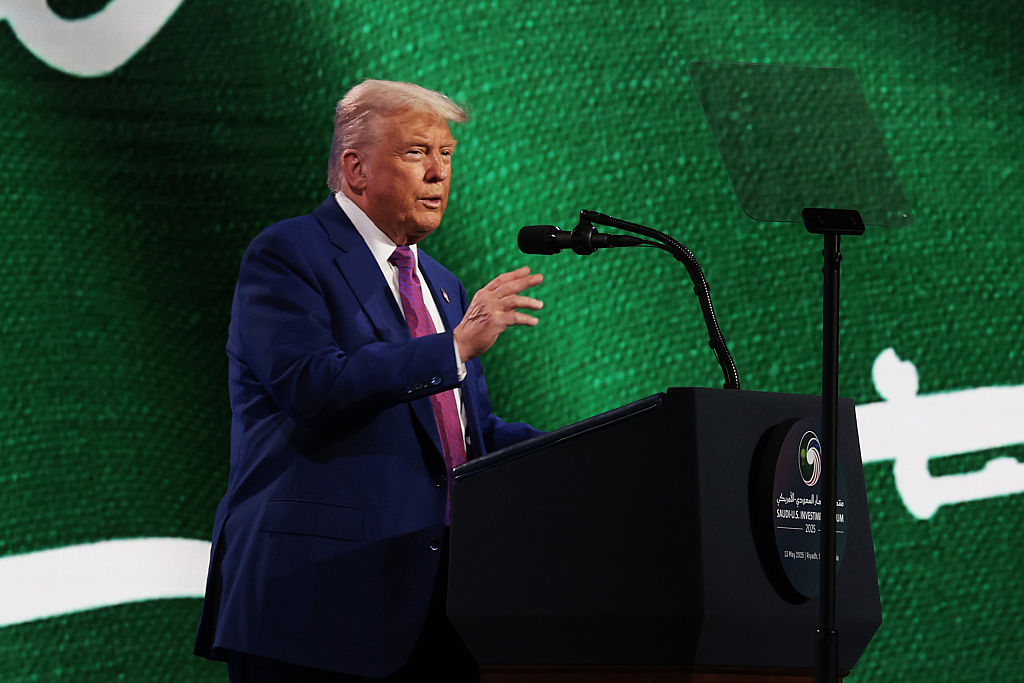







Leave a Reply